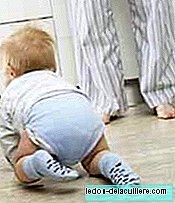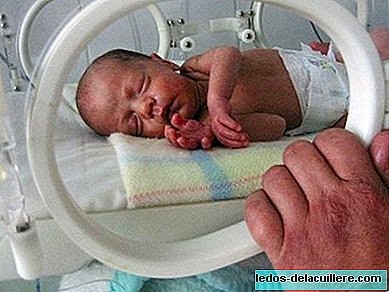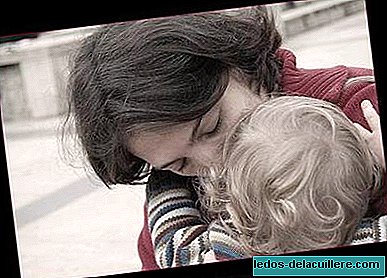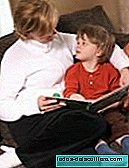
The chronic nonspecific diarrhea (INN) It is one of the most frequent consultations with the pediatrician and one of the most distress causes in the parents. Without going any further, this is the reason why I have taken my girl a year and a half to the doctor more times. It occurs in children between 6 months and 3 years that is why it is also called preschool diarrhea.
The main symptom is a reduction in the consistency and increase in the frequency or volume of bowel movements that persists more than two weeks.
The child poops several times a day with a variable consistency. You can make a hard poop and the next deposition, soft, even with both consistencies during the same deposition.
Sorry to be so specific, but it helps us parents to recognize exactly what our children's poops are like.
Another characteristic of the DCI is the presence of mucus in the poops as well as traces of undigested food.
The difference with other diseases that share these symptoms, such as celiac disease, is that the child's nutrition is adequate, his general condition is satisfactory and he has a normal height and weight for his age; however, sometimes it is compromised by the diet that parents impose.
It usually occurs in children who have a high appetite, even in some cases the child is above the 50th percentile. A fact that I think is important to highlight is that some authors relate the DCI with a history of infant colic (my girl has had enough) or constipation, as well as similar digestive disorders in siblings and parents with irritable bowel.
What to do before these symptoms? Do not stop consulting the pediatrician, since diarrhea could be the cause of some intestinal alteration such as lactose intolerance, glucose malabsorption, celiac disease or presenting any intestinal infection.
If the baby is still breastfeeding, do not suppress breastfeeding, in somewhat older children, do not introduce new foods, remove packaged fruit juices that contain too much sugar and do not change the normal diet of the child, provided that it is balanced . Nor should diets be restricted in calories or exclude fat.












